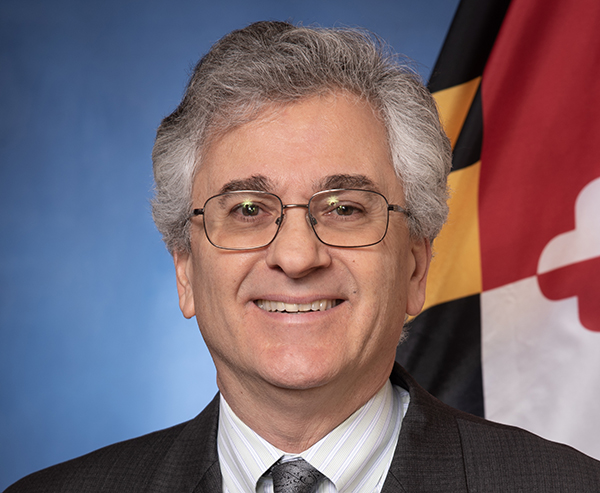Alumni spotlight: Vincent Schiraldi
1981 alumnus is reforming criminal justice system

Thomas Barrett stole a $2 beer can, was arrested and sentenced to probation. He later was jailed — not because a new crime was committed, but because he couldn’t make the required payments to the private company supervising him on probation.
Vincent Schiraldi ’81 says it happens more often than you’d think, and he has spent much of his career trying to keep people from being needlessly jammed up by the justice system.
He’s head of juvenile services for the State of Maryland following appointments as commissioner of corrections and probation for the City of New York. In Mass Supervision (The New Press, 2023), Schiraldi provides a history of probation and parole, and summarizes research into whether these are effective.
“In prisons, one of four people walking in the door was there not because they committed a new crime, but because they failed a drug test, got a credit card without permission or associated with convicted felons,” he says.
In Mass Supervision — honored as one of NPR’s “Books We Love 2023” — Schiraldi recommends probation and parole be substantially downsized and made less punitive, starting with groups helped the least by mass supervision. These would be people convicted of misdemeanors and those who have already served their sentences.
Schiraldi started his career in Binghamton with the state’s Division of Youth before working for two decades in the nonprofit sector. He then became head of the juvenile justice agency in Washington, D.C. After leaving the position, he planned on returning to nonprofit work and had a book deal when New York Mayor Mike Bloomberg recruited him in 2010 to lead the city’s probation department.
Under Schiraldi’s leadership, the number of people under supervision was reduced by 80% from its 1992 peak, incarceration for non-criminal technical probation violations was eliminated, and nonprofit organizations provided support for people under supervision.
“I was more of a government skeptic than I would’ve been if I spent my entire career working for New York state,” he says. “Mayor Bloomberg liked that because his background was similar.
He was not a lifetime government man. When I first met him and I [said] probation was worthless, he was intrigued.”
What’s stopping other cities from making similar reforms? Change is difficult.
“Many people don’t want to take a chance on someone even if they are deserving. If it goes right, you get no reward. If he goes out and reoffends, you could get fired, humiliated or transferred. Multiply this by tens of thousands of probation officers. [They’re thinking], ‘Am I going to risk my livelihood on this guy?’”
